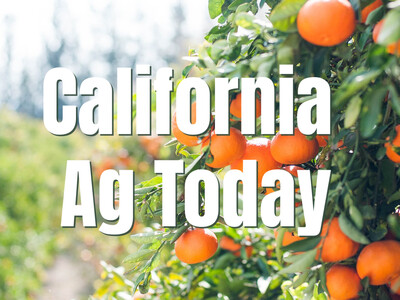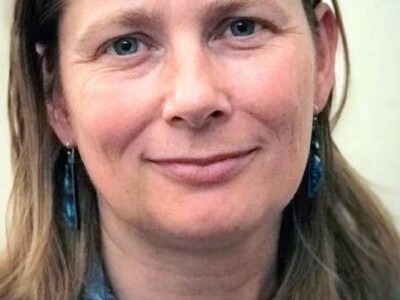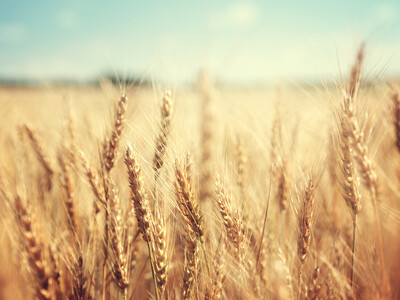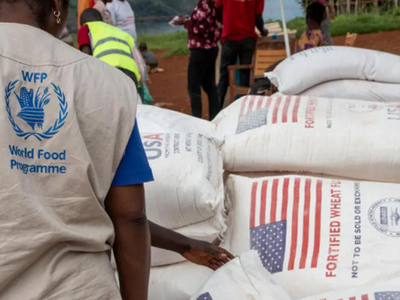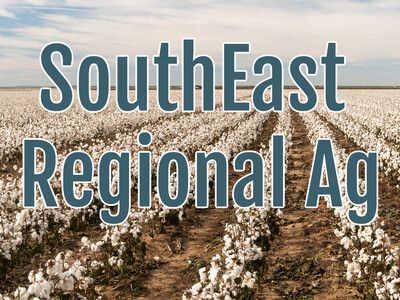Curious About ACRE & Poor Air Quality
Curious About ACRE & Poor Air Quality plus Food Forethought. I’m Greg Martin with today’s Northwest Report.
What is the new
CARUSO: I think there is a lot of curiosity is the way I would put it because it is a new twist and because there is a very, very clear option or choice here, unlike in the past when we said here is the way the program works, do you want to sign up or not. Now we’re really giving them a very clear choice and it is true that it is somewhat a little bit more confusing or complicated.
A new air quality study shows pollution in
Now with today’s Food Forethought, here’s Lacy Gray.
If all the different environmental groups have their way we’ll all be back to wearing fig leaves and floundering around in the dark and the cold by the year 2050. I agree, we all need to be more aware of the mark we make upon our planet, but I’m not sure I want to spend the short amount of time I have left trying to appease the masses and feeling guilty about not being able to. We’re told not only to monitor our carbon footprint; we’re now being chastised about our “water footprint”. A recent article on the possibility of a world wide water crisis lists off a number of everyday items such as jeans, paint, t-shirts, and lumber, and just how much water it takes to make each. They then bring up the water foot print of growing and producing our food. Ah, yes, this is where the vegetarian spin of the article becomes quite apparent; pushing that fruits, grains and veggies is the only way to reduce both your carbon and water footprint. Bottom line, we all need to be more ecology conscience, but will I give up eating meat, no. But how about this, I’ll wear my hair shirt next time I eat a steak.
Thanks Lacy. That’s today’s Northwest Report. I’m Greg Martin on the Northwest Ag Information Network.






